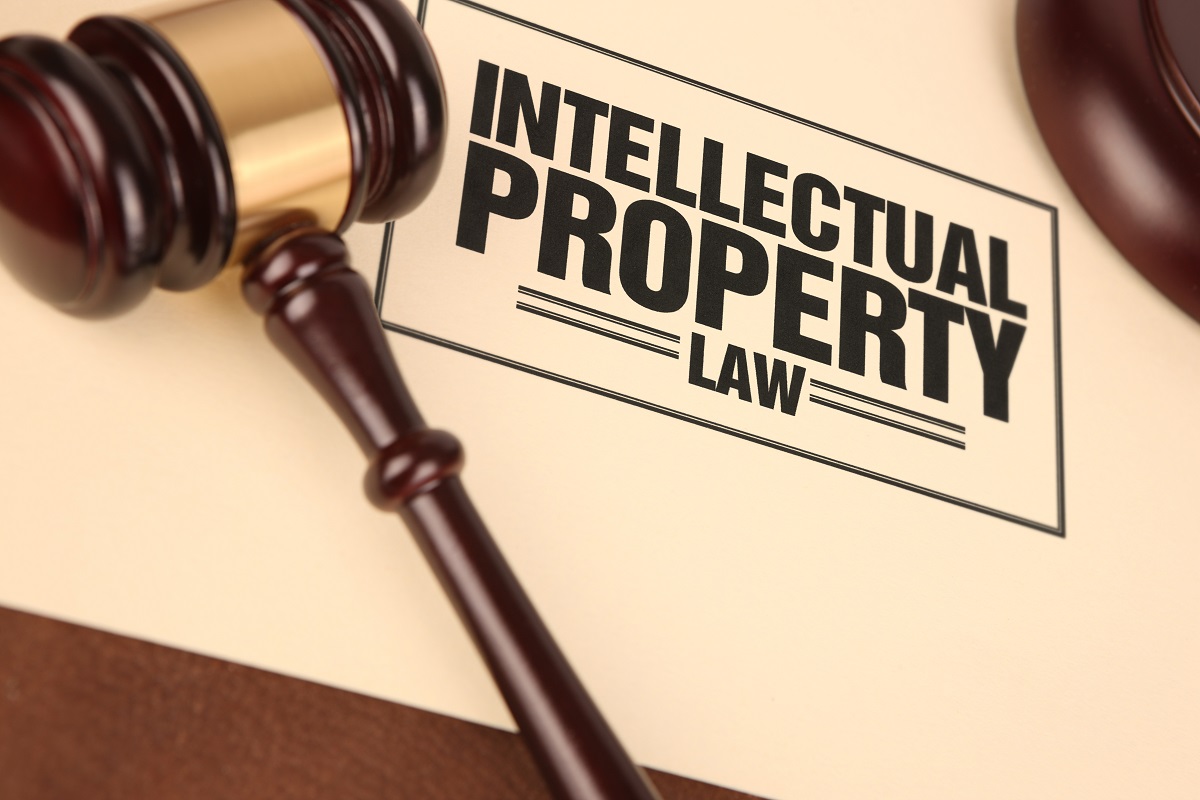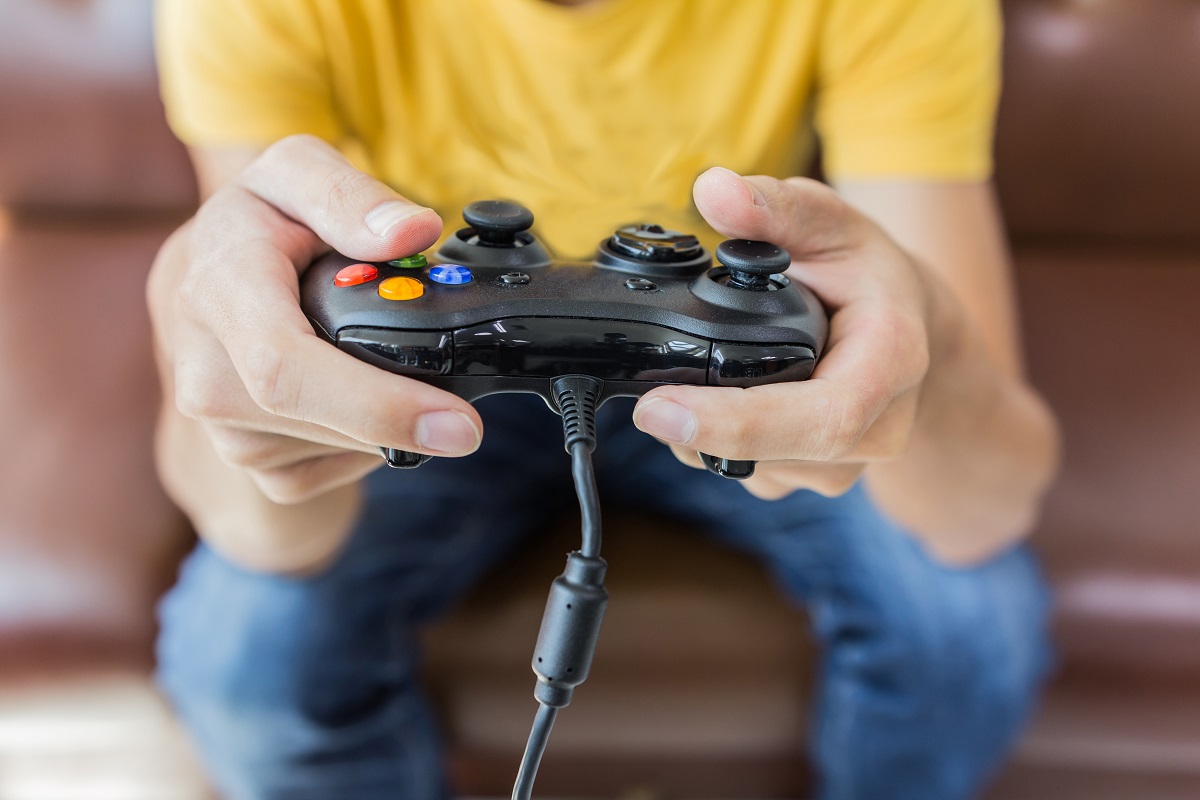- The gaming industry suffers significant losses due to piracy, a problem exacerbated by digital distribution platforms.
- Laws like the DMCA, SOPA, and anti-circumvention provisions help protect games from piracy.
- International laws and organizations like WIPO also aid in combating global game piracy.
- Developers should seek legal advice in a piracy incident, issue takedown notices, and increase security.
- Constant monitoring of online platforms for unauthorized distribution is crucial to address piracy effectively.
Gaming is undeniably one of our time’s most profitable and influential industries. However, with great success comes great responsibility. As developers and business owners in the gaming industry, we must understand and address piracy concerns. Piracy can cause a decline in revenue, lost profits, and potential damage to the brand’s reputation. Fortunately, there are laws and regulations to address piracy and protect the gaming industry. Here’s what you need to know about game piracy, laws protecting it from piracy, and what you should do if the game you’ve published is pirated.
Game Piracy Today
The video game industry has lost about $74 billion to piracy in 2014. It’s impossible to know how much that figure has increased in recent years, but one thing is for sure: it remains a significant issue that affects developers and gamers alike. With the rise of digital distribution platforms and file-sharing websites, obtaining illegal copies of games has become easier than ever. With the global pandemic forcing many people to stay at home, the demand for entertainment has only increased, making it an opportune time for pirates to thrive.
Laws and Regulations

To protect the gaming industry from piracy, several laws are in place to safeguard intellectual property rights. Here are some of them:
1. Digital Millennium Copyright Act (DMCA)
The DMCA is a United States copyright law that criminalizes the distribution of copyrighted material, such as video games. This act allows game developers to file DMCA takedown notices to remove pirated copies of their games from websites and platforms.
2. Anti-Circumvention Laws
To curb piracy, game developers implement digital locks or technological protection measures (TPMs) on their games. Anti-circumvention laws prohibit bypassing these locks and protect digital rights management (DRM) tools.
3. Stop Online Piracy Act (SOPA)
SOPA was a bill introduced in 2011 to strengthen the online enforcement of intellectual property rights. This bill aimed to target websites offering pirated content, including video games, and take action against them.
4. General Data Protection Regulation (GDPR)
The GDPR is a regulation in EU law on data protection and privacy. While it may seem unrelated to piracy, it also includes provisions for protecting digital rights. One of its key provisions is the ‘right to be forgotten,’ which ensures that individuals can request the deletion of their data from websites and online platforms.
5. International Copyright Law
Video games are an international product, and piracy is not just a problem in one country but worldwide. The World Intellectual Property Organization (WIPO) protects intellectual property rights globally and enables international enforcement of copyright laws. This organization provides game developers with the tools and support to protect their works and combat piracy on a global level.
What to Do If Your Game Is Pirated
If you discover that your game has been pirated, there are some things you can do about it. Here are four things you need to do when it happens:
Legal Services

The first step is to get a consultation from legal services. An experienced IP firm can help you assess the situation, send takedown notices, and take legal action if needed. They can also represent you in court and help you recover any damages incurred.
DMCA Takedown Notice
As mentioned earlier, the DMCA allows game developers to send takedown notices to websites hosting pirated copies of their games. This notice requests removing the infringing content from the website and provides a legal basis for doing so.
Implement DRM Tools
Implement digital locks and DRM tools to protect your game from future piracy. These measures can make it more difficult for pirates to obtain and distribute your game illegally.
Monitor Online Platforms
It’s crucial to monitor online platforms and websites for any unauthorized distribution of your game. Regularly search for keywords related to your game, such as the title, developer name, or download links. If you find any instances of piracy, take the necessary actions to address it.
Piracy is a significant concern in the gaming industry. Thankfully, there are laws and regulations in place to protect game developers from this issue. Developers must know these laws and take necessary precautions to safeguard their intellectual property rights. If your game gets pirated, it’s crucial to take appropriate actions to address the situation.






